Table of contents
Are you trying to lose weight quickly and easily? You may have heard of fad diets, which are diets that promise fast results. These diets have become popular due to media influence and the endorsement of celebrities. However, although they can provide short-term results, they are not effective in the long term. One fad diet that has gained popularity is the gluten-free diet. This diet is usually recommended for people with Celiac disease, but it has become a trend among people without the condition as well. Some people believe that it can aid in weight loss and improve overall health, but there isn't much scientific evidence to back up these claims. In reality, a gluten-free diet may have nutritional deficiencies if not properly executed.
Fad Diet
Fad diets are popular because they are quick fixes for weight loss. They are influenced by the media and powerful people such as celebrities. Many people in North America have sedentary lifestyles, whether it is their occupation or hobby. This leads to an unhealthy lifestyle and obesity. People want quick and easy fixes to their problems, as society evolves, we want everything to be quicker whether it is messaging, calling, cooking, transportation, etc. Fad diets have good short-term results, but long term they are not effective. There is also a lot of misunderstanding around the effectiveness and health benefits/risks around fad diets. Most research concerning fad diets is done on men, so the health outcomes are only based on males. Rarely is fad diet research conducted in females and this leads to inaccurate information and health risks. A lot of people try fad diets because they want to lose weight, they want to try the ‘quick fix’ before actually putting in the effort of exercising and eating healthy.
Gluten-Free Diet
A gluten-free diet is most commonly adopted by people who have been diagnosed with Celiac disease, which is an autoimmune condition where the ingestion of gluten can cause serious damage to their small intestine. However, a gluten-free diet has become more popular in the general population who are not diagnosed with Celiac disease. This new phenomenon means people without Celiac disease adhere to a strict diet where they cut out all products that contain the protein gluten. Products such as pastas, bread, wheat, and many other surprising foods like frozen vegetables, soy sauce and even some toothpaste brands would be cut out of a person lifestyle. People who comply with a gluten-free diet without Celiac disease believe it can help with weight loss, boost a person’s energy and overall feel like they have a healthier body. However, little scientific evidence has been done to prove these claims of going gluten-free in an everyday diet.
Physiology
Gluten is a type of protein found in most grains. It is a complex of two storage proteins, which are gliadin and glutenin. These two proteins are combined with starch in the endosperm. In normal digestion, protein can be broken down into peptides and further broken down by digestive enzymes and absorbed in the intestine. However, gluten cannot be broken down by the digestive enzyme with 3 specific gluten peptides that can trigger an immune response for some people. In current studies, there is no clear argument to approve that the gluten-free diet can cause weight loss or any specific benefit to health. The most fundamental reason for obesity is the intake of calories greater than consumption. Whether it is wheat, rice or other staple foods, they are all sources of high carbohydrates and calories. Since cutting off food that contains gluten usually is the same as getting rid of some carbohydrates. If we eliminate all these staple foods, and there is no supplement to other equivalent foods, the caloric intake will be reduced which would eventually lead to weight loss. The weight loss process usually relies on what you eat besides the food that contains gluten, not gluten itself.
Nutritional Shortcomings
When an individual switches to a gluten-free diet it is important for them to maintain a balanced diet. Gluten-free diets can lack important nutrients. Gluten-free diets may lack necessarily amounts of vitamin D, B, A, E, K, iron, calcium, copper, zinc, dietary fiber, folate, niacin, riboflavin, and thiamine. This is partly due to the lack of supplementation of extra nutrients in processed gluten- free foods. For example, low fiber can be attributed to these foods usually being made with refined flours and starches that are low in fiber. Individuals can do research and work with a dietitian or physician to form a diet plan that includes taking supplements to help control nutrient deficiencies. Along with taking supplements nutrients should be derived from foods. For example, chickpeas, tuna, poultry, and bananas are good sources of vitamin B6. Folate or folic acid can be found in peanuts and various vegetables. Vitamin D is present in fish, egg yolk, and dairy. Some dairy products, canned fish with bones, tofu, and some juices are high in calcium. Iron can be found in meats, legumes, and spinach. Eat meat, fish, and dairy for vitamin B12. Thiamin, Riboflavin, and Niacin are found in legumes, beans, nuts, and seeds.
Alternative Benefits
A gluten-free diet does have some health benefits if done properly. Research indicates that people who switch to a gluten-free diet experience less nonspecific gastrointestinal symptoms and discomfort. Gluten grains contain carbohydrates, which are easily fermented by intestinal bacteria in your body. When this happens, a person may endure bloating, cramping, and diarrhea. Those who remove gluten from their diet experience a significant decrease in these symptoms. Further, individuals who suffer from irritable bowel syndrome will benefit greatly from this decrease in gastrointestinal discomfort, helping them alleviate the symptoms of the disorder. The gluten-free diet was founded in the 1940s for people with celiac disease and eventually made its way into the world of fad dieting. Though it’s difficult to pinpoint the diet’s exact introduction into popularity, it has been accepted among non-celiac people for years. It has been promoted to the public for its overall health benefits, namely its ability to aid in weight-loss efforts and gut health. The gluten-free diet has been a “fad diet” for years and likely will be for many more as gluten-free foods become more common and accessible.
References:
- Strawbridge, H. (2020, January 30). Going gluten-free just because? Here's what you need to know. Retrieved February 28, 2021, from https://www.health.harvard.edu/blog/going-gluten-free-just-because-heres-what-you-need -to-know-201302205916
- Study finds a gluten-free diet in adults without celiac disease may increase risk of cardiovascular disease. (2017, May 04). Retrieved February 28, 2021, from https://celiac.org/about-the-foundation/featured-news/2017/05/study-finds-gluten-free-die t-adults-without-celiac-disease-may-increase-risk-cardiovascular-disease/
- Lerner, B. A., Green, P. H., & Lebwohl, B. (2019). Going against the grains: Gluten-free diets in patients without celiac disease—worthwhile or not? Digestive Diseases and Sciences, 64(7), 1740-1747. Doi: 10.1007/s10620-019-05663-x
- Arslain, K., Gustafson, R.C., Pratiksha, B, Rose D.J, (2021). Determinants of gluten-free diet adoption among individuals without celiac disease or non-celiac gluten sensitivity. Appetite, 156. doi:10.1016/j.appet.2020.104958
- Gluten: A benefit or harm to the body? (2020, March 20). Retrieved March 02, 2021, from https://www.hsph.harvard.edu/nutritionsource/gluten/
- Digestion-of-gluten. (2019, October 08). Retrieved March 02, 2021, from https://www.drschaer.com/us/institute/a/digestion-gluten
- Anderson, J. (2020, September 8). Food sources of important vitamins and minerals for gluten-free diets. https://www.verywellhealth.com/nutrients-to-boost-if-youre-gluten-free-563076.
- Fibre and the Gluten-Free Diet. Fibre and the Gluten-Free Diet - Unlock Food. https://www.unlockfood.ca/en/Articles/Allergies-and-Intolerances/Fibre-and-the-Gluten-Free-Diet.aspx.
- Four Vitamin Toxicities on a Gluten-Free Diet. Amy Burkhart, MD, RD. (2020, November 19). https://theceliacmd.com/four-vitamin-toxicities-gluten-free-diet/#:~:text=Vitamin%20D%2C%20iron%2C%20B%20vitamins,on%20a%20gluten%2Dfree%20diet.
- Niland, B., & Cash, B. D. (2018, February 14). Health Benefits and Adverse Effects of a Gluten-Free Diet in Non-Celiac Disease Patients. Gastroenterology & hepatology. https://www.ncbi.nlm.nih.gov/pmc/articles/PMC5866307/#:~:text=Two%20additional%20studies%20by%20the,niacin%2C%20riboflavin%2C%20and%20thiamine.
- Bradford, A. (2015, December 11). Gluten-free diet: Benefits & risks. Retrieved February 26, 2021, from https://www.livescience.com/53061-gluten-free-diet-facts.html
- Howard, J. (2017, March 10). Gluten-free diets: Where do we stand? Retrieved February 26, 2021, from https://www.cnn.com/2017/03/01/health/gluten-free-diet-history-explainer/index.html#:~:text=1940s%3A%20The%20gluten%2Dfree%20diet%20is%20discovered&text=with%20celiac%20disease.-,Dr.,about%2030%25%2C%20Fasano%20said.
- Sandoiu, A. (2018). Why a low-gluten diet may benefit everyone. Retrieved February 26, 2021, from https://www.medicalnewstoday.com/articles/323739#Comparing-low--and-high-gluten-diets



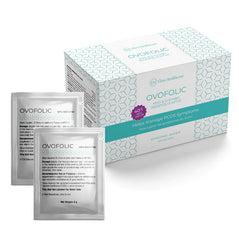

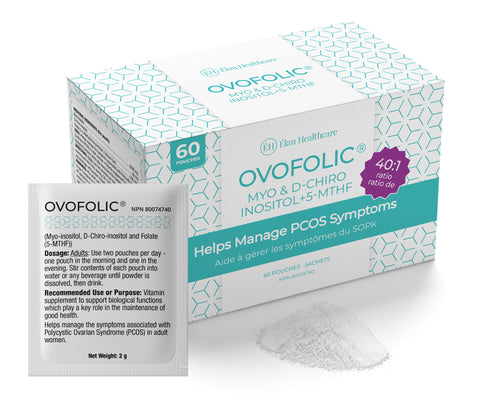





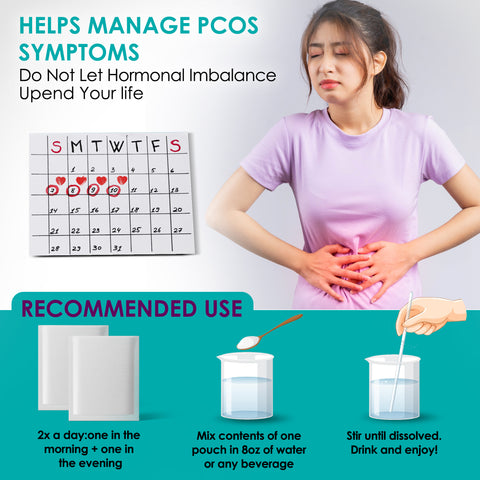

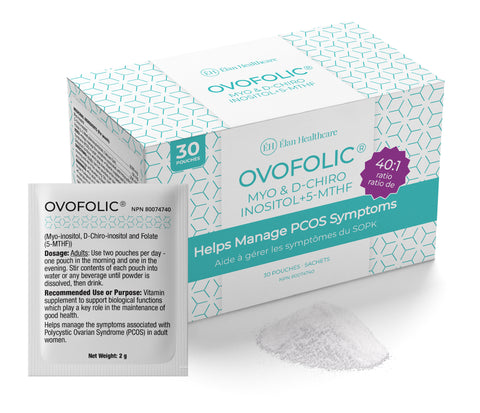
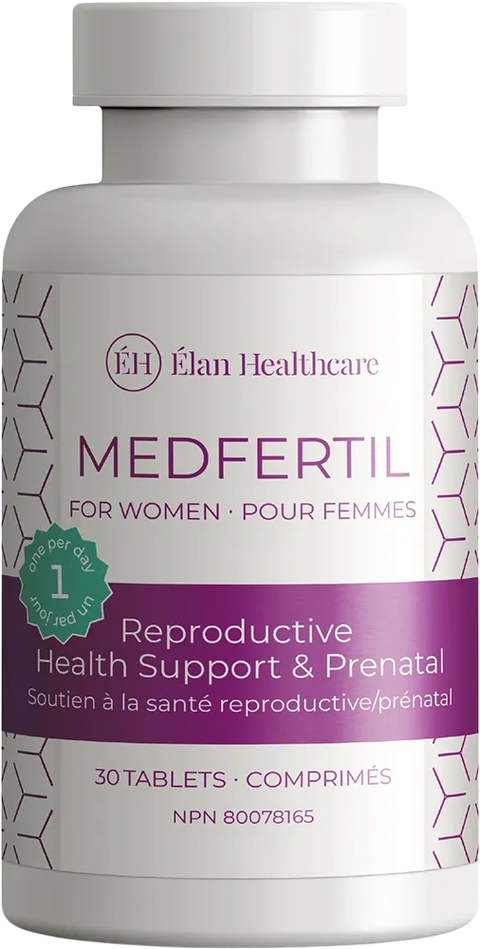

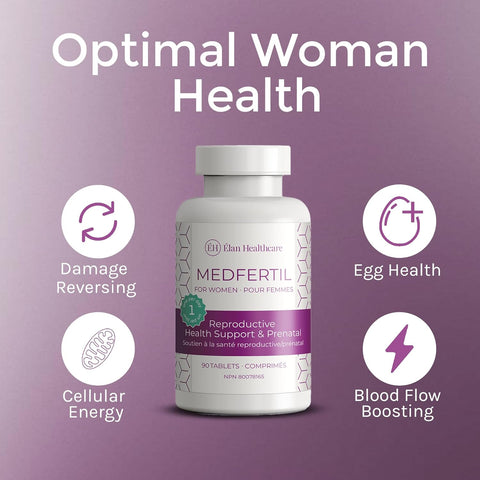

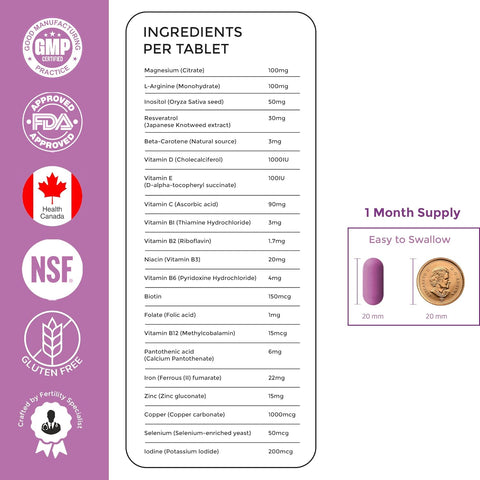












No comments yet.
There are no comments for this article. Be the first one to leave a message!
+ Open to leave a Comment